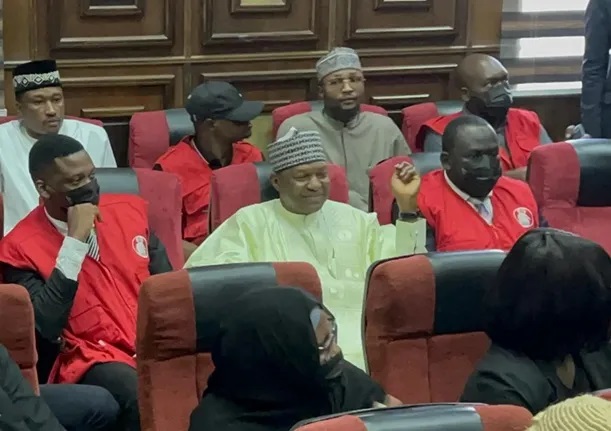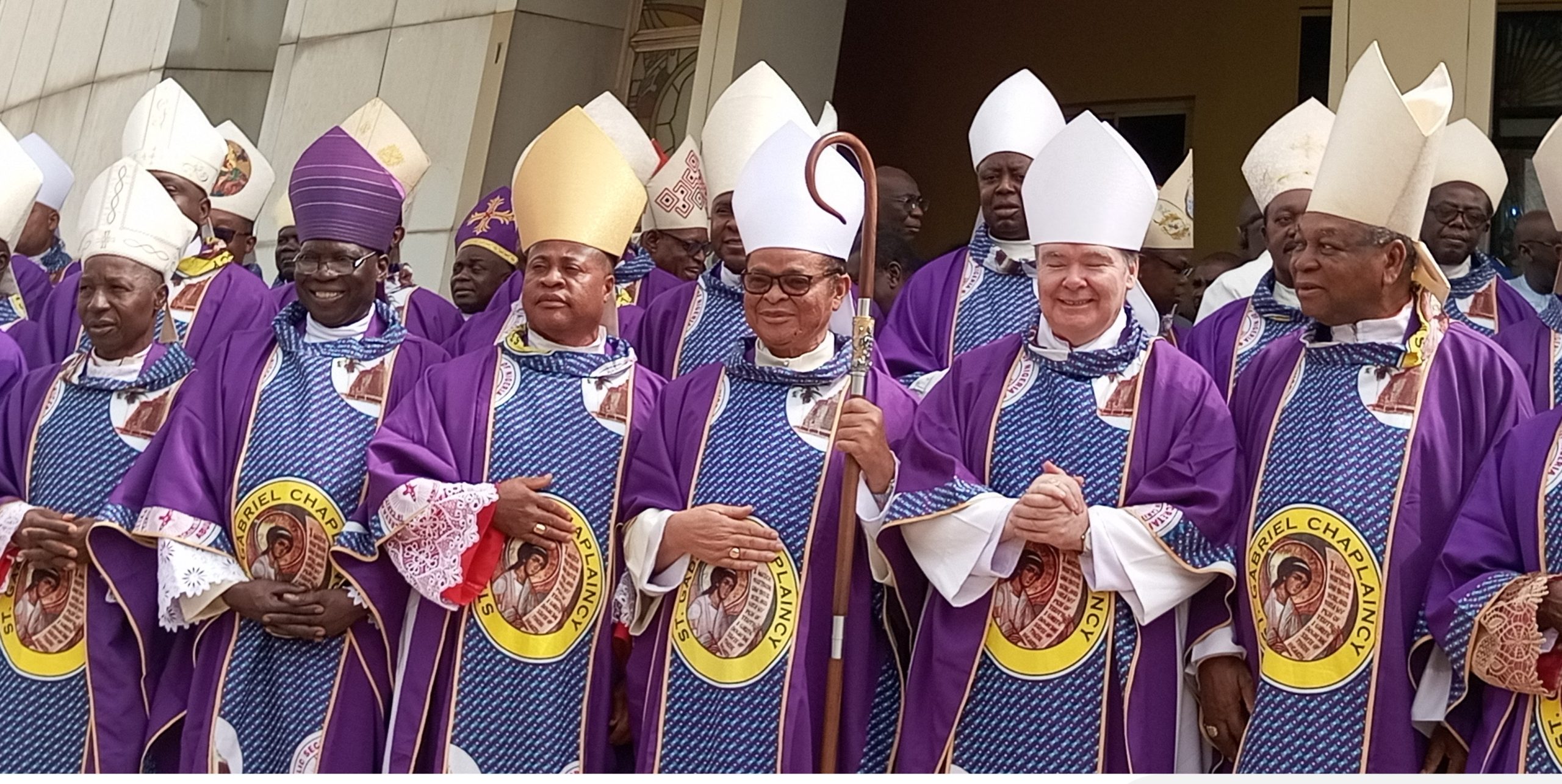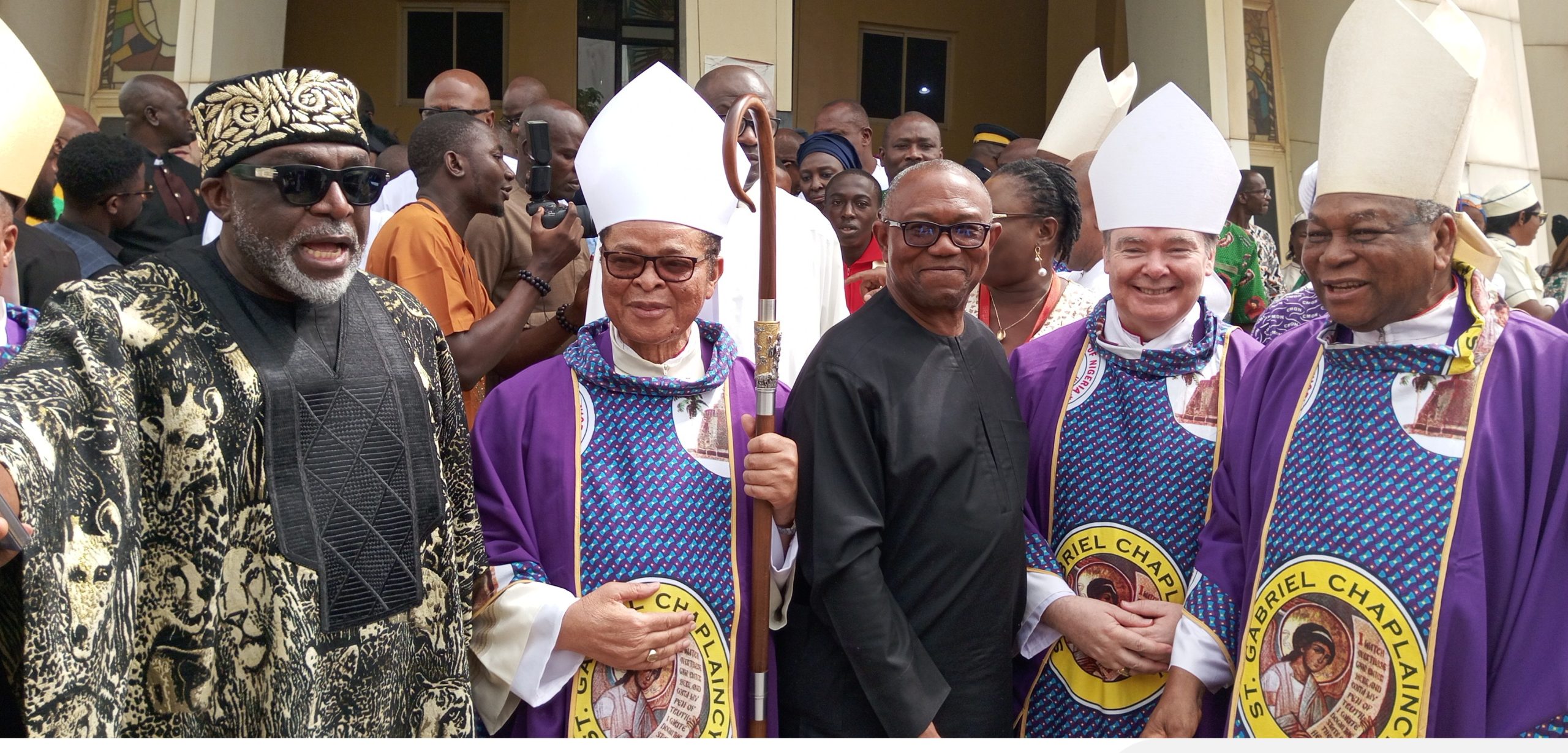Nigerian geoscientist, Yusuf Azeez, has joined researchers studying the Antarctica for the stability of methane hydrates and the evolving morphology of the seafloor in response to rising global temperature.
This is contained in the progress report of the research made available to the News Agency of Nigeria (NAN) on Monday in Ilorin.
The research, supported by a $1.7 million grant from the U.S. National Science Foundation brought together a multidisciplinary team of oceanographers, climate scientists, and marine geophysicists.
Azeez a doctoral researcher at Texas A&M University-Corpus Christi (TAMU-CC), joined other researchers in an international expedition to the Ross Sea, one of the most dynamic marine environments in the Southern Ocean.
He said the collective aim of visiting one of Earth’s most remote and environmentally critical regions was to investigate how Polar Regions were responding to climate change and what it meant for global carbon cycling.
According to him, we are focused on methane hydrates, frozen deposits of methane beneath the ocean floor that are highly sensitive to temperature changes.
”If destabilised, these hydrates could release large quantities of methane, a greenhouse gas far more potent than carbon dioxide, into the atmosphere.”
The Nigerian geoscientist explained that understanding where and how this happened was vital to refining climate projections.
‘Using high-resolution bathymetric mapping, seismic profiling, and sub-bottom sonar technologies, the team identified zones of sediment deformation and possible gas seepage (clues to past and potentially active methane release).
According t him, these findings will contribute to global efforts to track sources and sinks of greenhouse gases and improve the accuracy of predictive climate models.
Azeez added that the research outcomes would inform international climate assessments and help policymakers anticipate risks associated with rapid environmental shifts in polar systems.
”Beyond the technical work, the expedition served as a training platform for early-career scientists.
”For me, this mission isn’t just about scientific advancement; it is about visibility and collaboration.
”As a Nigerian scientist, I brought a perspective that’s often missing in polar research, because climate change is a global challenge, and we need global voices at the table,” he said.
The researcher also said that in addition to his research in Antarctica, he was leading a collaborative team from TAMU-CC, Texas A&M University–College Station, and Leeds University (UK) in the Society of Exploration Geophysicists (SEG) EVOLVE Carbon Solution Programme.
He explained that the focus of this group was developing viable strategies for Carbon Capture, Utilization, and Storage (CCUS) in the Gulf of Mexico.
The project is expected to explore how geologic formations can be used to permanently store carbon emissions, a critical tool in the transition to cleaner energy.
Azeez said he had shared his findings at prestigious gatherings including the Geological Society of America (GSA), the SEG, and the Unconventional Resources Technology Conference (URTEC).
He disclosed that he was also an active member of the SEG’s Early Career Global Research Community and currently serves as Vice President of the SEG TAMU-CC Student Chapter.
”Back home I am committed to strengthening research collaboration between Nigerian and U.S. institutions.
Nigeria has enormous, untapped potential in offshore and marine research and with the right partnerships, technology, and training; we can contribute meaningfully to the global climate and energy discourse.
“This isn’t just about data; it is about humanity’s future, because what happens in Antarctica doesn’t stay in Antarctica. It affects coastlines, agriculture, and livelihoods around the world,” he said.(NAN)





